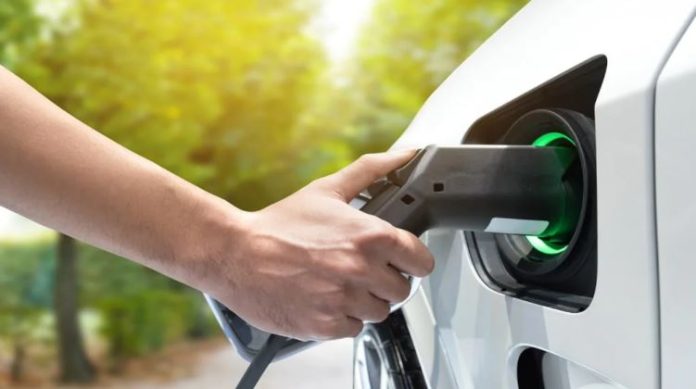The electric vehicle industry has completely overtaken the Indian automotive market. The industry now forms a crucial component of itself. India saw a startling growth rate of 686 percent in the first quarter of 2022 because of a number of EV launches.
In India, 2022 was a big year for electric and environmentally friendly transportation. International nations and industry participants are also promoting electric automobiles and revising the legislation and subsidies.
EV vehicles, which had a high initial cost and limited battery range, solved all of the key environmental issues.
EV unicorns have been created in the nation as a result of the entry of game-changing Original Equipment Manufacturers (OEMs), customers’ changing purchasing habits, and the government’s support of the segment. With a 0.7% market share, there is substantial demand for EVs, and by 2027, that percentage is expected to reach 3.8 percent.
The change to EVs is mostly brought about by evolving physical infrastructure and supply networks, which encourage EV adoption in India.
With their ability to produce attractive and high-performance EVs in India, giant manufacturers are demonstrating the road to success.
according to Sandiip Bhammer of Green Frontier Capital. With widespread electrification, the mobility industry will undergo a significant change and benefit from more opportunities in the vehicle segments.
“Within the electric vehicle ecosystem, we think that artificial intelligence and the internet of things will play a significant role in the EV Industry in the upcoming future. The Make in India initiative can help with the production of EVs and their components, and the introduction of battery swapping stations will raise awareness and adoption of EVs, among other contributing reasons,” he continued.
Many vehicle enthusiasts find EVs intriguing for a variety of reasons. New models, such as electric pickup trucks, SUVs, and plug-in hybrid electric cars, are scheduled to enter the market in 2023.
Even major international brands have high-end electric automobiles in mind for their exclusive introduction in India. However, the infrastructure’s lack of EV charging stations continues to worry EV users and prospective customers. It discourages many individuals from using EVs as their main form of transportation.
A comprehensive EV charging infrastructure is essential to promoting its adoption given the anticipated market growth. The tough challenges of EV charging in the nation are anticipated to be solved by industry players in the upcoming year as many drivers who choose EVs for road trips would struggle to charge their vehicles due to the scarcity of charging spots available nationwide, particularly in tier 2 and 3 cities.
The co-founder and CEO of EMotorad, Kunal Gupta, commented on the industry’s growth potential by saying, “In fact, the EV industry is going to rule, not just in 2023 but also in the years to come.
We will observe an even more encouraging rise in market acceptance as more people become aware of the benefits that EVs have to offer, whether financial, practical, or environmental. The Indian market is receiving an extensive choice of EVs that are accessible, inexpensive, and cater to a variety of consumer groups. Consumers have a variety of finance options and affordable solutions, from e-commerce and last-mile commute solutions to personal mobility possibilities.
Manufacturers are offering technology and production breakthroughs while anticipating robust regulatory incentives that will undoubtedly cause the EV industry to develop significantly. We anticipate tremendous growth across the value chain, including component makers, battery and battery management systems, and mobility services, in addition to electric vehicles, he continued.
As the EV financing sector begins to mature, it is anticipated that EV adoption will be at an all-time high in 2023. India has a sizable market for EVs, but growth has been modest because there aren’t many lease choices. The concept of assisting the client in an open arrangement without tying into fixed assets is causing a stir as more commercial EVs enter the category.
“Leasing vehicles will become the new standard for deploying EVs in commercial fleets. Due to the reduced total cost of ownership, the commercial fleet segment will move forward the quickest, and we will soon witness 100% electrification in the last-mile delivery segment. This will allow fleet owners to maintain asset-lightness while still being a cost-effective strategy, according to Dev Arora, co-founder, and CEO of ALT Mobility.
The country will quickly set new sales records thanks to the many prospects presented by EVs and hybrid cars. The introduction of new models will further alter the segment’s appearance, while advancements in battery technology and the opening of leasing options will greatly expand the segment’s potential for innovation.








